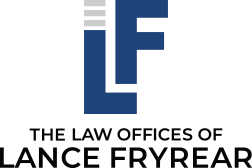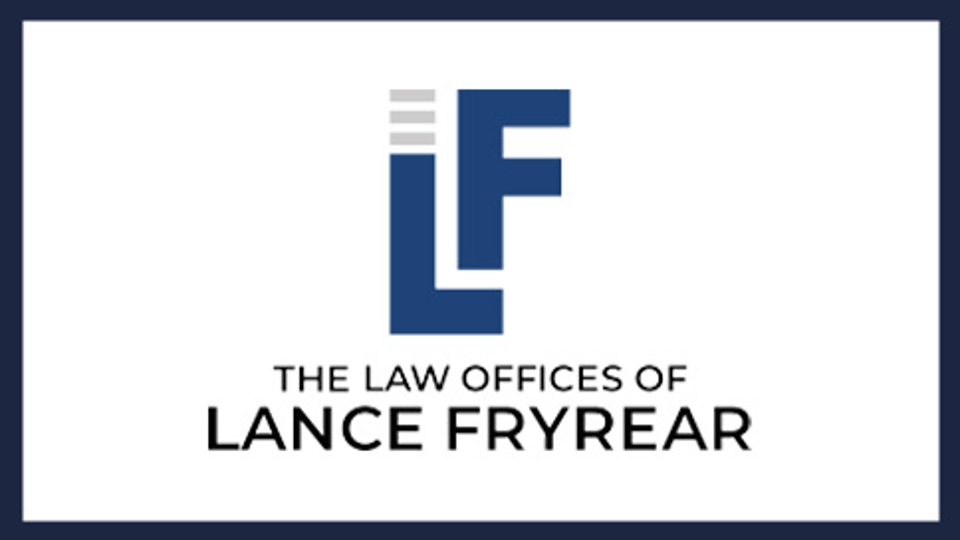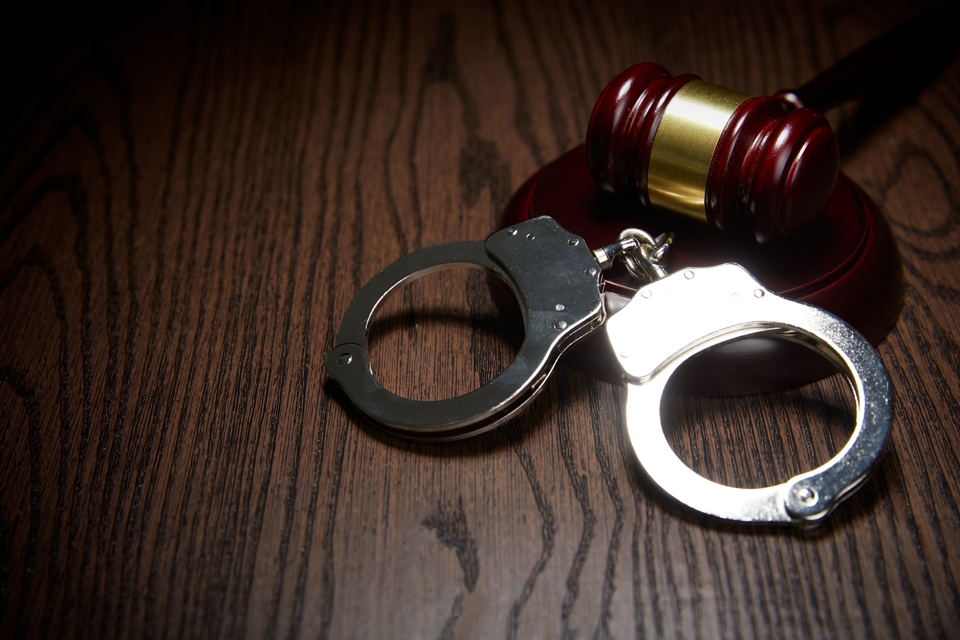Charged with Hit and Run? Here’s What You Need to Know.
The crime of hit and run refers to crashing one’s vehicle into another person’s property, such as their vehicle, mailbox, or fence, and leaving the scene afterward. Unfortunately, far too many defendants make certain mistakes that carry costly outcomes, which is why our Lynnwood hit and run attorney describes three common mistakes that people typically make when fighting their hit and run charge in Washington State as well as steps to take that may help reduce the consequences of such mistakes.
1. Failing to Notify the Insurance Company
The first common mistake people make is not involving their insurance company. Many of our clients don’t want to contact their insurance company about their hit-and-run charge because they’re afraid their rates will increase, or the insurance company will think poorly of them. While that feeling is understandable, involving your insurance company is a key step in defending your allegations. You may find hope in knowing that something called a “compromise of a misdemeanor” may help get your case dismissed.
A compromise of a misdemeanor may be granted if you are prosecuted for a misdemeanor but the victim has a remedy through a civil action. How can you receive a “compromise of a misdemeanor”? Importantly, the victim must appear in court and state in writing that they have been civilly satisfied with the damages that you caused when your car crashed into their property.
For example, let’s say you rear-ended another car and there was $2,500 worth of damage. Well, some people don’t have the money to pay that amount out-of-pocket. If the insurance company pays for the damage, your defense attorneys can ask the owner of the damaged property to sign a release of liability.
A release of liability essentially means the victim is stating, “Yes, I have been compensated for my damages.” As a result, the court can dismiss your case. That means no conviction, no criminal record, no fines, and ― most importantly ― no license suspension. So again, if you are insured, you should notify your insurance company to try to settle the damages caused.
2. Pleading Guilty
While this may sound quick and easy, you must know that hit and run penalties, especially those for hit and run attended charges, are life-altering. Hit and run attended charges are given when the damaged property was occupied by another person and you don’t give them your information.
For instance, if you’re convicted of a hit and run attended, you will lose your license for one year. In comparison, the license suspension for a first DUI is usually only 90 days. Luckily, an attorney may be able to get your hit and run case dismissed, therefore, we urge you to avoid pleading guilty as soon as you learn of your charges. Instead, you should hire a private attorney because the outcome of your case may be more favorable if you have a good defense lawyer on your side.
3. Hiring an Expensive Attorney
The third mistake that people often make is paying too much for their hit and run defense attorney. While the charge is not simple to defend, a qualified and experienced defense lawyer may be able to handle your hit and run charge more easily and straightforward than other types of cases.
So, if you’re interviewing attorneys, we recommend asking them, “What do you normally charge for an assault? What do you normally charge for a DUI? What are you going to charge me for this defense?” If the amount they’ll charge for your hit and run defense is higher than that for an assault or DUI defense, you may want to worry. We would be concerned if it were us in your position.
What to Do if You Are Charged with Hit and Run in WA
Now that you know which three mistakes to avoid in your hit and run defense, you may wonder what to do if you crash your vehicle into another’s property. If the property owner is available at the time of the incident, give them your driver’s license, insurance, and contact information. If there is no one at the property, which may occur if you run into a fence or parked car, then you should write such information down in a note and leave it at the scene. In the event that you crash into some bushes or drive off the road, skid, and crash into a street sign, you should contact law enforcement authorities and let them know what happened.
If you have any questions or concerns about your situation, give us a call at (425) 224-7075 and we’ll be there for you.





